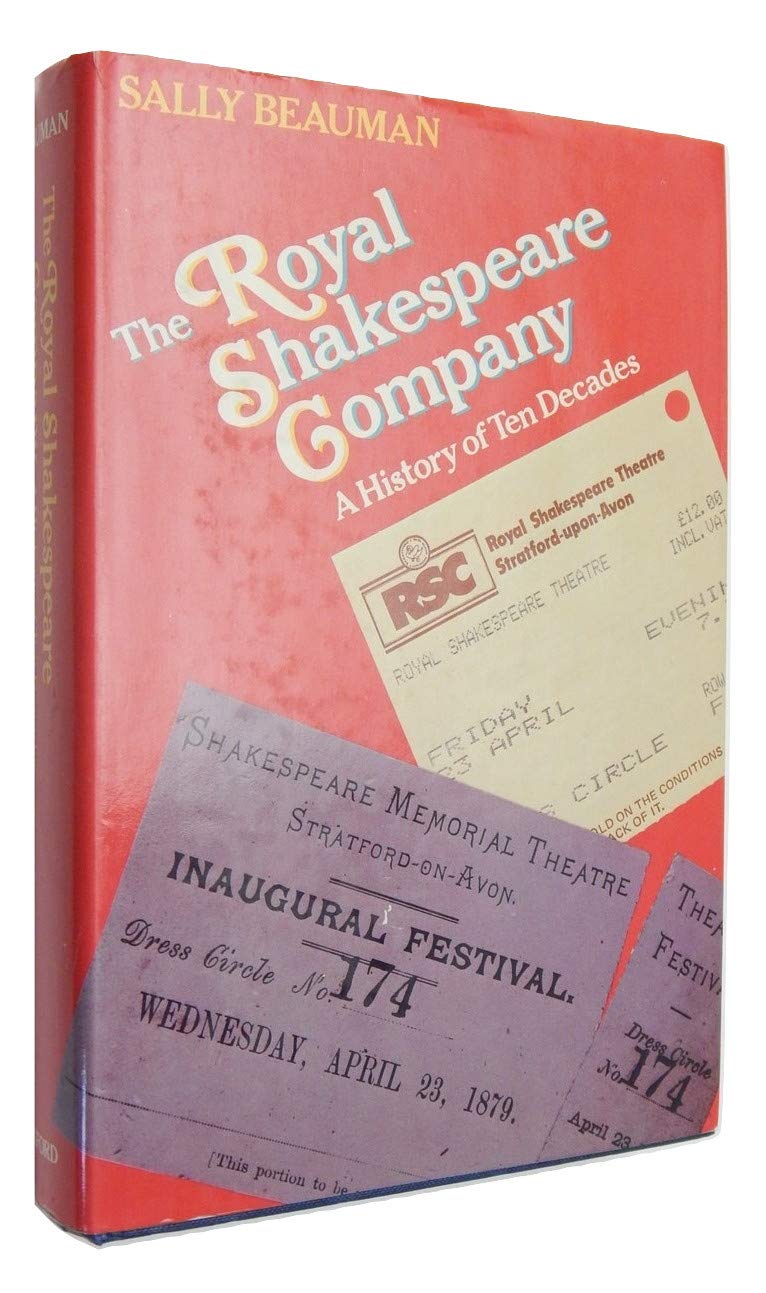 Books One of those books which is so readable there's a loss when it inevitably ends, especially since, having been published in 1982, it unavoidably misses out on covering another forty-years of history. More than simply the theatrical history of what appeared on stage, Sally Beauman's RSC: A History in Ten Decades instead investigates the origins of the RSC, from its original scrappy week long annual event to commemorate Shakespeare (which for years didn't even mount a production), through the building of its various venues, its many directors, the financial wrangling between the board of directors and then the arts council, the rivalry with the National Theatre and how its on stage fortunes have been dictated by critical and academic tastes.
Books One of those books which is so readable there's a loss when it inevitably ends, especially since, having been published in 1982, it unavoidably misses out on covering another forty-years of history. More than simply the theatrical history of what appeared on stage, Sally Beauman's RSC: A History in Ten Decades instead investigates the origins of the RSC, from its original scrappy week long annual event to commemorate Shakespeare (which for years didn't even mount a production), through the building of its various venues, its many directors, the financial wrangling between the board of directors and then the arts council, the rivalry with the National Theatre and how its on stage fortunes have been dictated by critical and academic tastes.Despite her own association with the company (at time of writing she'd been married to one of its key actors Alan Howard for ten years), Beauman is unafraid to editorialise on the shortcomings of its key players, the text is incredibly gossipy, and the architecture of the auditoriums. At its peak, the RSC was running six or seven different performance spaces between Stratford and London with numerous seasons of plays and transfers and if nothing else, the book has helped me to understand the provenance of the various programmes I've been collecting lately. The moment when the book stops, just on the eve of The Barbican opening feels like an extremely exciting time as the company's reputation had reached one of its many zeniths.
You can smell the spaces and rehearsal rooms. When Trevor Nunn succeeded Peter Hall, he wanted to create a more professional almost monastic atmosphere and to that end replaced the stage cloth, the large sheet in the rehearsal room which represented the acting space. Over the years it had become incredibly dirty and so it was ripped out and replaced with a brand new, bright white fabric and the rule was that it had to remain that way, whatever the cost, smoking, food, drink and shoes banned from the space and it remained that way through all of his rehearsals. Then John Barton took over to rehearse his Twelfth Night and when Nunn returned afterward the sheet was as dirty and filled with cigarette burns as its predecessor. He realised that some things couldn't be changed.
